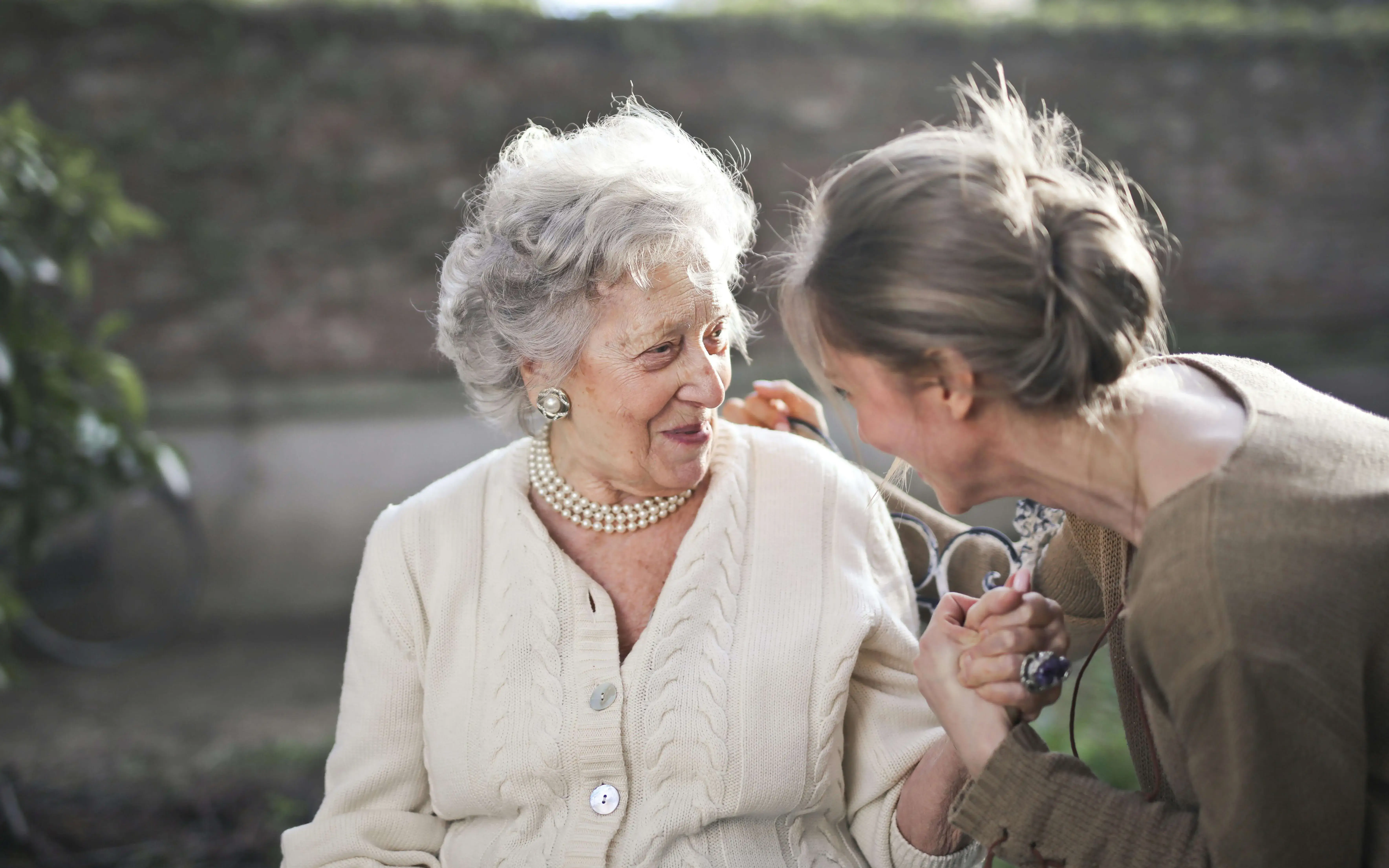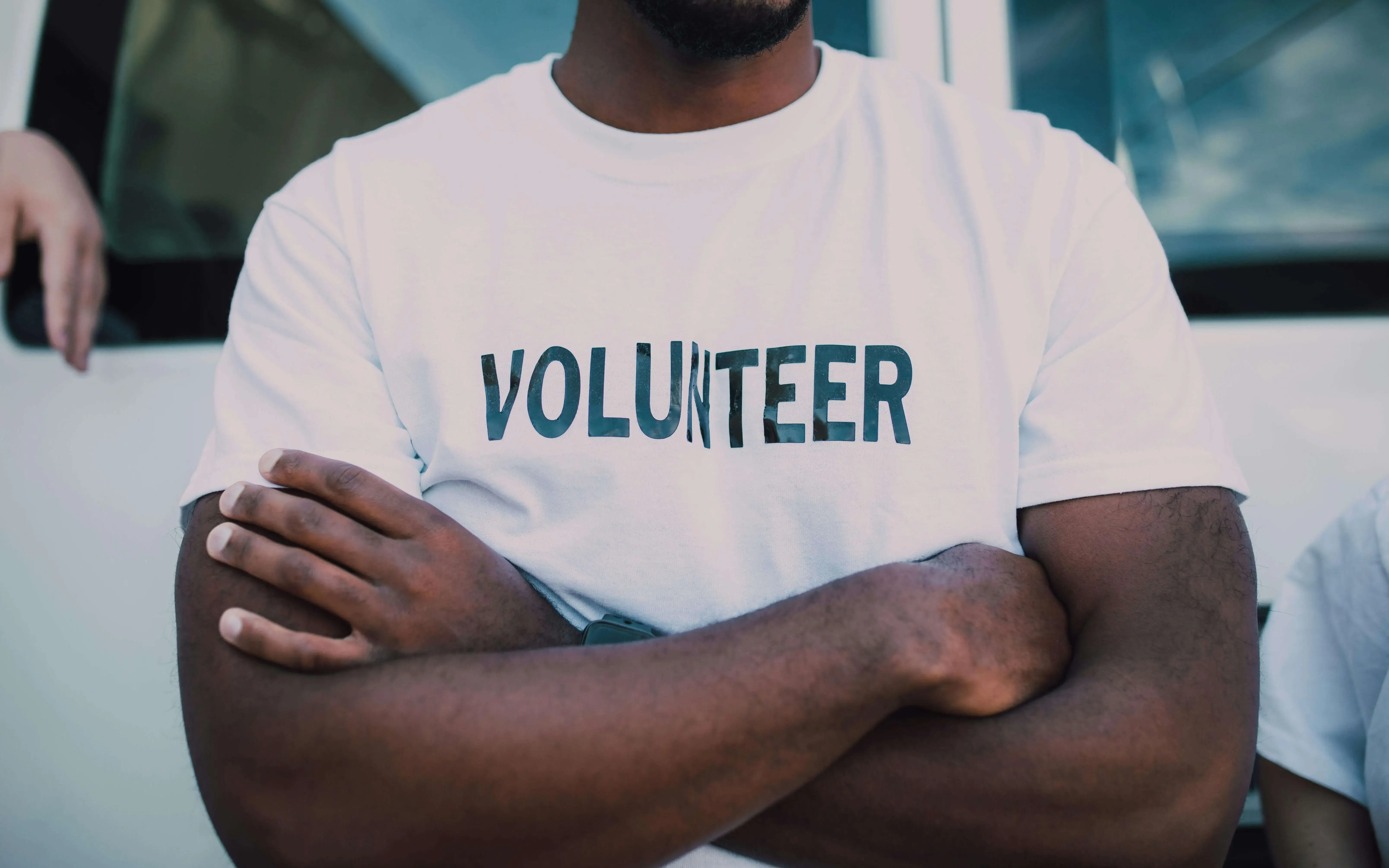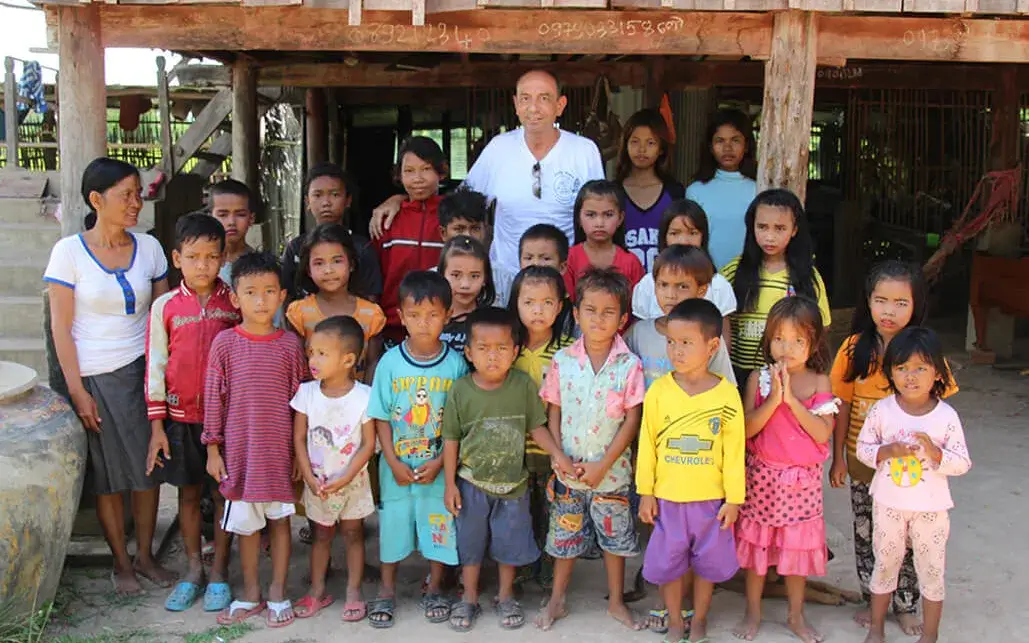Building Bridges of Compassion: European Volunteer Initiatives Enhancing Mental Health Among the Elderly

In recognition of Global Mental Health Awareness Day on May 10, with a focus on community-based and intergenerational initiatives, we examine how organizations like Cycling Without Age, CLIVE, and Vol’Go are creatively addressing loneliness, isolation, and stigma related to mental health.
Mental health has become a pressing public health issue across the globe, and in Europe, aging populations face unique challenges. For many elderly people, social isolation, loss of independence, and reduced access to mental health resources contribute to anxiety, depression, and cognitive decline.
While healthcare systems continue to adapt, grassroots volunteer-driven initiatives are increasingly stepping in to support emotional well-being, reduce stigma, and foster social inclusion—often with limited resources but remarkable creativity and compassion.
Cycling Without Age (CWA) – Denmark and beyond
Founded in 2012 in Copenhagen, Cycling Without Age began with a simple idea: to give older adults the freedom to experience their cities again—by bike. Using specially designed trishaws, trained volunteers (“pilots”) offer free rides to elderly passengers, allowing them to enjoy nature, chat with their pilot, and reconnect with their environment.
The impact of the program goes far beyond the physical ride. The intergenerational conversations that happen on these rides often revive long-forgotten stories and memories, helping combat loneliness and cognitive decline. Psychological studies on participants have revealed improvements in mood, reduced feelings of isolation, and increased motivation to engage socially. The initiative now operates in over 50 countries and is present in many European cities including Oslo, Barcelona, Vienna, and Milan.
CLIVE Project – Europe-wide initiative
The Combating Loneliness and Isolation with Volunteers in Europe (CLIVE) project was launched by the Centre for European Volunteering to address the growing issue of loneliness among vulnerable groups, particularly seniors. This Erasmus+ co-funded initiative connects trained volunteers with elderly individuals in five participating countries: Belgium, Italy, Malta, Poland, and Portugal.
Volunteers are not only a source of company but also a bridge to reconnect isolated seniors with their communities. The program includes home visits, walks, cultural outings, and digital support to help older people use technology and stay in touch with loved ones. A key goal is to ensure that older adults remain visible, valued, and socially engaged—essential components for good mental health.
Les Petits Frères des Pauvres – France
Les Petits Frères des Pauvres is a French organization committed to alleviating loneliness among the elderly. The association offers various volunteer-led services: home visits, phone calls, help with digital literacy, and community meals or holiday celebrations for seniors who live alone. Volunteers also receive training on age-related challenges and how to build respectful, meaningful relationships with older people.
The organization emphasizes dignity, freedom of choice, and social reintegration. Studies show that seniors involved with Les Petits Frères experience lower rates of depression and greater levels of trust and satisfaction with their social lives.
Tremtinių Namai – Lithuania
Located in Vilnius, Tremtinių Namai is a care center that supports elderly Lithuanians—many of whom are survivors of forced deportations during the Soviet era. The institution offers both physical care and emotional support in a respectful, community-centered environment.
Volunteers take part in a wide range of activities: from organizing concerts and birthday celebrations to assisting with daily routines or simply chatting over tea. These seemingly small interactions create space for empathy, trust, and healing—especially meaningful for residents with traumatic pasts.
In recent years, the center has hosted volunteers from across Europe through the EU Solidarity Corps, creating rich intercultural exchanges. Many volunteers report that the experience has helped them develop a deeper understanding of both European history and the emotional needs of the elderly.
Volunteer programs across Europe offer a powerful, human-centered response to the mental health crisis—especially among older adults. Initiatives like Cycling Without Age and CLIVE show how connection, movement, and companionship can greatly improve quality of life. Meanwhile, programs like Les Petits Frères des Pauvres and Tremtinių Namai demonstrate the positive impact of intergenerational engagement and cultural exchange.
As we mark Global Mental Health Awareness Day on May 10, these initiatives remind us that sometimes, the most profound impact comes not from medical intervention, but from presence, empathy, and community action.






Add new comment